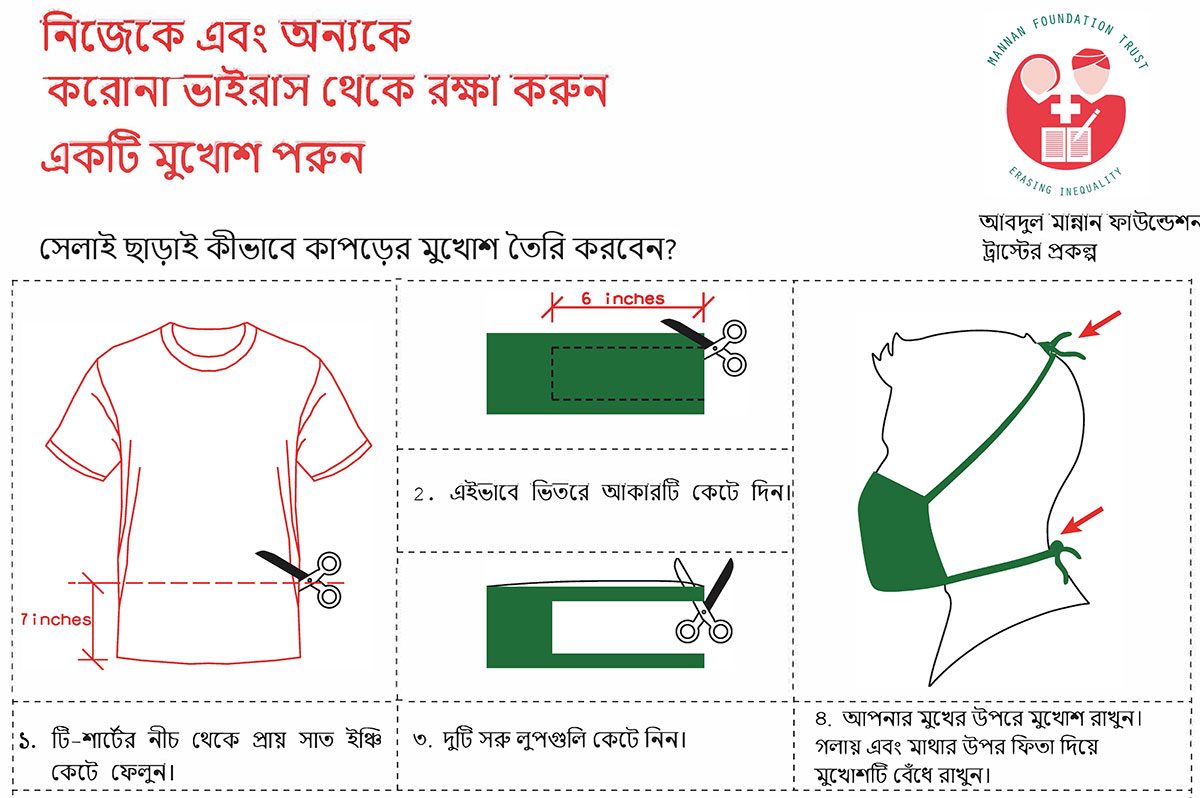When: Friday, 4th of December, 6pm-7.30pm
FAME will be hosting their first event to expose the barriers female architects of minority ethnic face in the architecture industry today
About this Event
FAME: Female Architects of Minority Ethnic: founded by Tumpa Husna Yasmin Fellows and Tahin Khan.
FAME Collective is a research-based network founded to support women of diverse backgrounds and ethnicities in architecture and the built environment. Their aim is to raise awareness of the barriers, inequality and lack of diversity in architecture and to demand change that responds to our collective challenges. This event is part of a series of events which will be documented and shared with those in power to change and address the inequality that exists in architecture.
Join us for the launch of FAME’s first symposium ‘EXPOSING THE BARRIERS IN ARCHITECTURE’ hosted by Architecture Foundation via Zoom, and presented by Tumpa Husna Yasmin Fellows. Our distinguished keynote speaker Sumita Singha (recent RIBA Presidential candidate). Our panel of speakers include Annette Fisher (from Let’s BUild), Hilary Satchwell (from Tibbalds and Part W), Femi Oresanya (from HOK and the Chair of the RIBA Architects for Change Expert Advisory Group) and Anna Liu (Director of Tonkin Liu, won the 2018 Stephen Lawrence Prize for Old Shed New House).
This is a participatory event to explore the impact of racism, injustice and inequality contributing to the barriers in architecture. We want to hear about the lived experiences of practitioners, academics and students from BAME backgrounds, to unpack the grievances.
FAME is responding to an urgent need for understanding how race and gender affects established practitioners, young scholars and students, from diverse backgrounds, knowledge and practices by engaging in conversations about the barriers in architecture and the built environment. Our aim is to collectively respond and to demand change and the much-needed support to overcome barriers of racial and gender inequality both in academia and in practices. Our Q + A and participatory sessions will provide an opportunity for participants to share experiences of racial and gender inequality in architecture and the built environment.
This event is being hosted by the Architecture Foundation via Zoom.
The details for all participants will be announced soon.










![FAME: Exposing the Barriers in Architecture | Friday, December 4, 18:00-19:30 GMT [Online event hosted by Architecture Foundation via Zoom]](http://www.openstudiowestminster.org/wp-content/uploads/2020/11/FAME-INSTAGRAM-STORY-POSTER.png)
![Technical Studies Lecture Series: “Post Pandemic Housing,” Kristofer Adelaide, Kristofer Adelaide Architecture (KA–A), Thursday, November 19 at 18:00 [online via BB]](http://www.openstudiowestminster.org/wp-content/uploads/2020/11/07-Kris.png)
